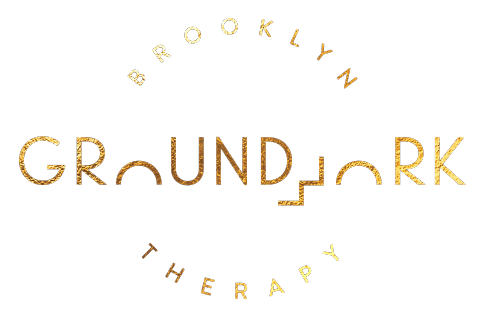The Benefits of Group Therapy: Why It's More Effective Than You Think
When people think about therapy, many imagine one-on-one sessions with a therapist, sitting in a quiet room, talking through personal issues. While individual therapy has its place, there’s another powerful form of therapy that more and more people are discovering: group therapy. In Brooklyn and surrounding boroughs, group therapy is becoming an increasingly popular option for those seeking mental health support.
What is Group Therapy?
At its core, group therapy involves a small group of individuals, led by a licensed therapist, who come together to discuss their challenges, offer support, and work through emotional or psychological issues. While each person’s journey is unique, the shared experience of being in a group setting allows individuals to explore their feelings in a way that can be deeply enriching. Group therapy is commonly used to address issues like anxiety, depression, trauma, addiction, and relationship struggles, but it can be helpful for a wide range of mental health concerns.
The Power of Shared Experiences
One of the most powerful aspects of group therapy is the shared experience. Often, when people struggle with mental health issues, they can feel isolated or alone, thinking they’re the only ones going through what they’re experiencing. In a group therapy setting, participants quickly realize that they’re not alone in their struggles. Hearing others share their stories can be incredibly validating and comforting.
In many cases, people find that the struggles they thought were unique to them are actually common experiences for others in the group. This can help diminish feelings of shame and isolation, and open up a sense of community and understanding that’s hard to achieve in individual therapy. The therapeutic environment becomes one where participants feel supported, accepted, and less judged, which fosters emotional healing and growth.
Different Perspectives and Insights
Group therapy offers something that individual therapy can’t always provide: a diverse range of perspectives. In a group setting, individuals hear how others cope with similar issues, and how those approaches may differ from their own. This exchange of ideas can open the door to new coping strategies or different ways of thinking about a problem.
For example, someone struggling with social anxiety might hear from a fellow group member who shares how they’ve navigated similar challenges, or someone dealing with depression might gain insight from another person who’s successfully implemented positive changes in their life. The variety of experiences and viewpoints within the group helps to expand the way each individual views their own issues, often offering valuable “a-ha” moments that might not emerge during a solo therapy session.
Building a Support System
Therapy is often seen as a way to receive professional support, but one of the key advantages of group therapy is the creation of a peer support network. Many people find it difficult to open up about their struggles to family and friends due to fear of judgment or misunderstanding. In a group setting, participants build meaningful connections with others who truly understand their experiences, creating a sense of camaraderie and shared purpose.
Depending on the type of therapy group, this support system may extend beyond the therapy session itself. In some types of groups, group members have the option to continue to communicate and support each other outside of the group, whether it’s through a shared support network, phone calls, or even informal meetups. This network can provide invaluable ongoing support that reinforces the healing process and strengthens long-term recovery.
Encouraging Accountability and Growth
Another benefit of group therapy is that it encourages accountability. During group sessions, participants are not only expected to share their own feelings, but they are also invited to listen to others and provide feedback. This active participation helps individuals develop communication and listening skills, which are crucial for emotional growth.
The group dynamic fosters a sense of responsibility: when you’re in a group setting, you feel accountable not just to the therapist, but to your fellow group members. Many individuals find this additional layer of responsibility motivating, as it encourages them to stay engaged with the process and commit to making meaningful changes.
Why Groundwork Therapy’s Group Therapy Setting is Special
At Groundwork Therapy, we understand that healing is best achieved in a compassionate, understanding, and supportive environment. Our group therapy sessions are designed to foster emotional healing and a sense of community. Our therapists are highly trained in creating a safe and inclusive atmosphere where each participant feels heard and valued.
Whether you’re struggling with anxiety, depression, trauma, or simply feeling disconnected, our group therapy sessions provide a space where you can connect with others facing similar challenges and work together to find solutions. Our group therapy approach combines evidence-based techniques with a warm, welcoming environment that ensures you’re supported every step of the way.
By choosing group therapy at Groundwork Therapy, you’re not just accessing a treatment option—you’re becoming part of a community dedicated to mutual healing and growth. You’ll leave each session not just with new insights, but with the knowledge that others are walking with you through your journey.
Ready to Take the Next Step?
At Groundwork Therapy, we offer a variety of carefully designed group therapy options tailored to meet your unique needs. Whether you're working through anxiety, depression, trauma, or other mental health challenges, our compassionate Brooklyn therapists are here to guide you toward healing and growth. Conveniently located near all major Brooklyn neighborhoods, including Park Slope, Clinton Hill, and more, we’re here to make accessing care easy and supportive. Let us help you move forward.


